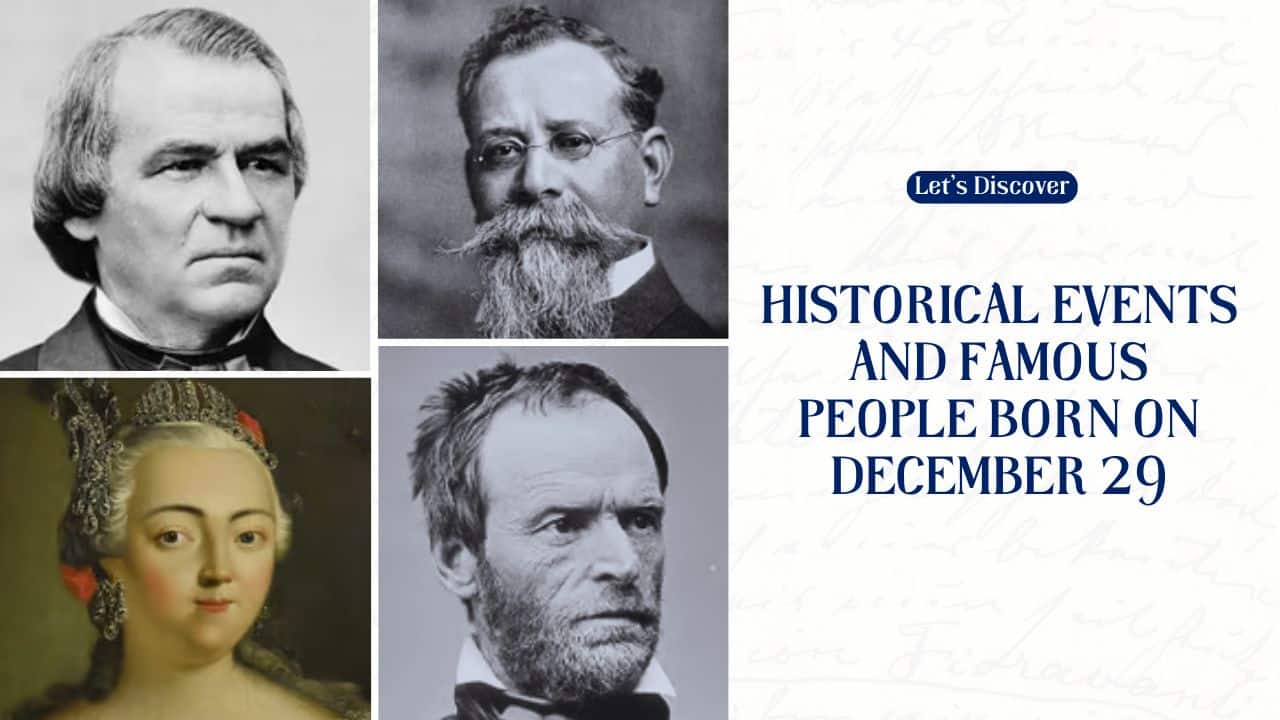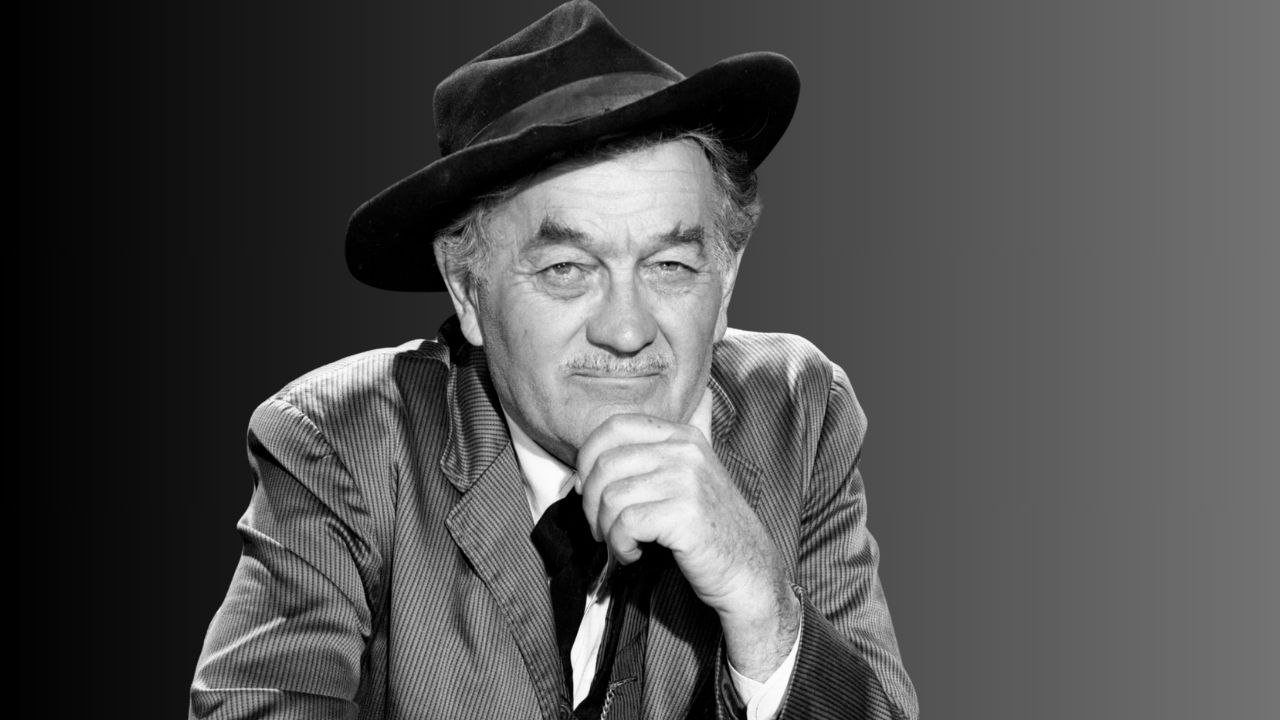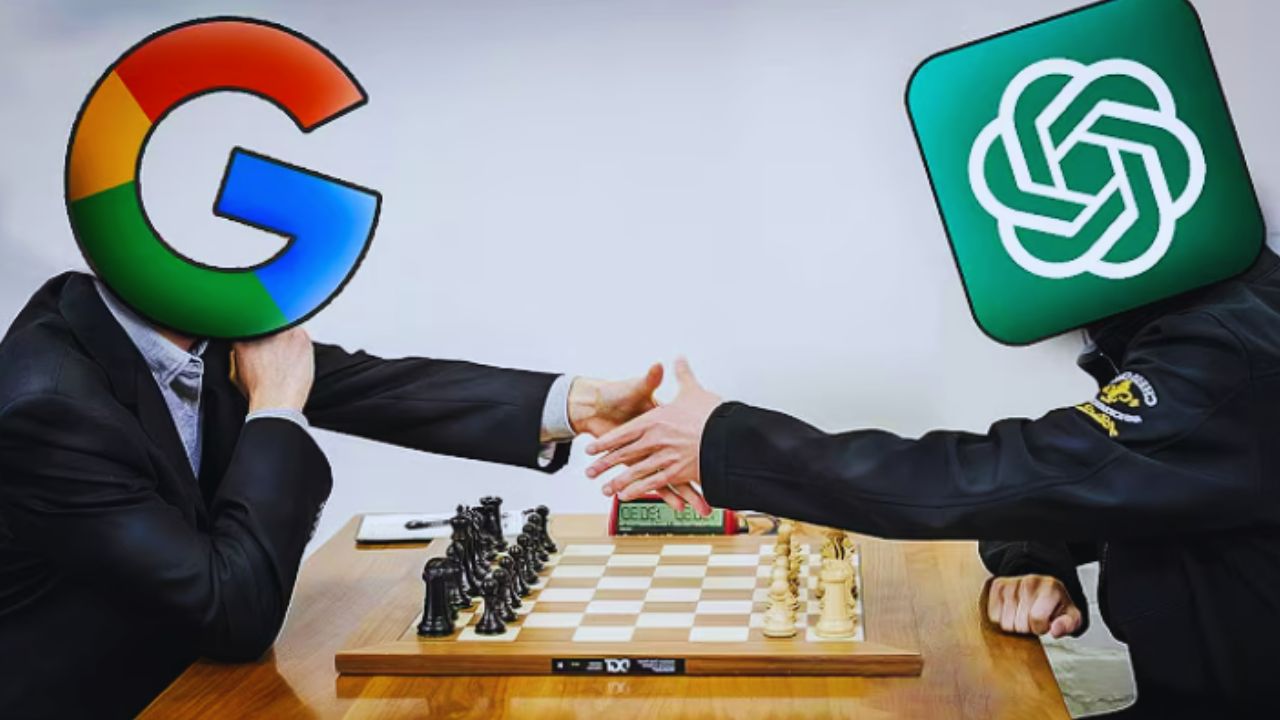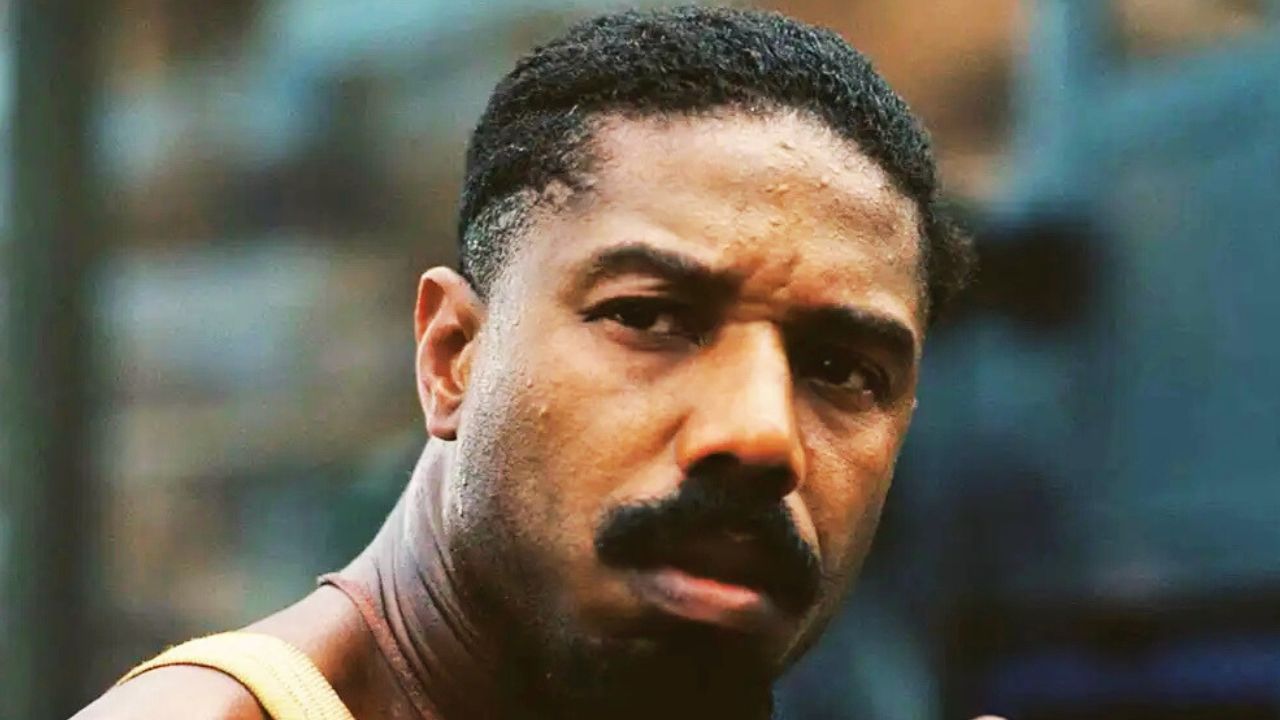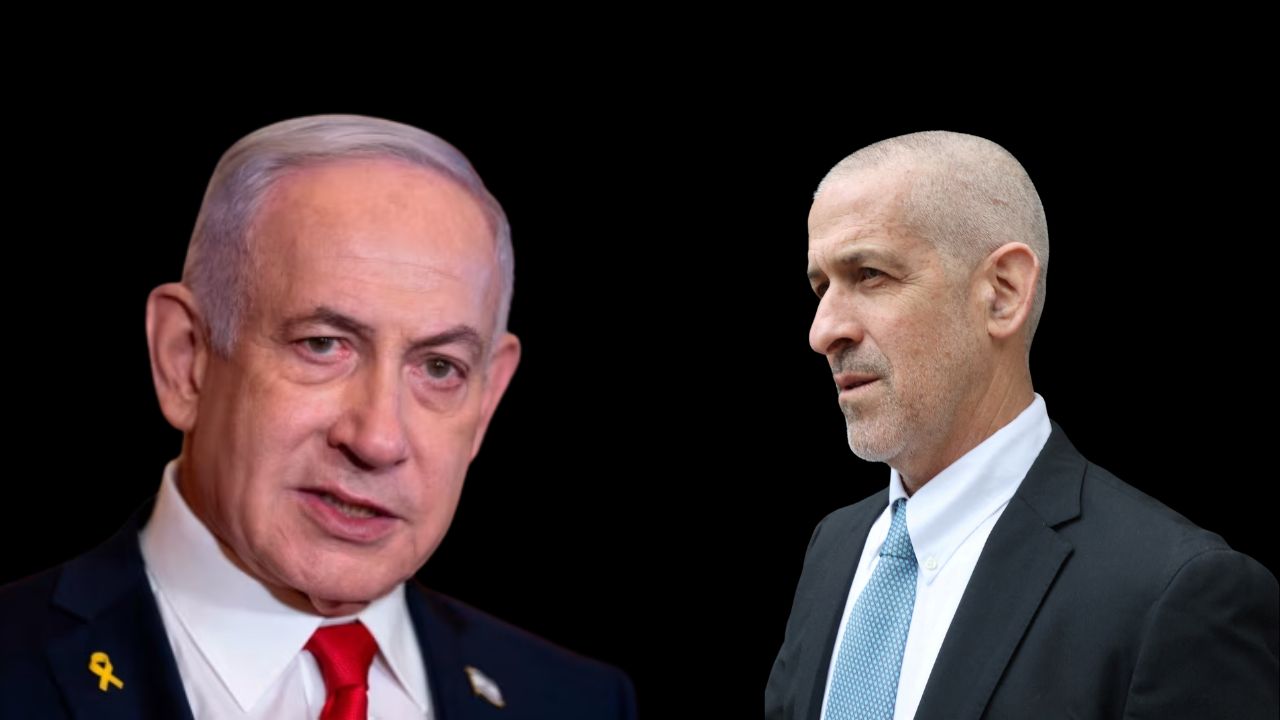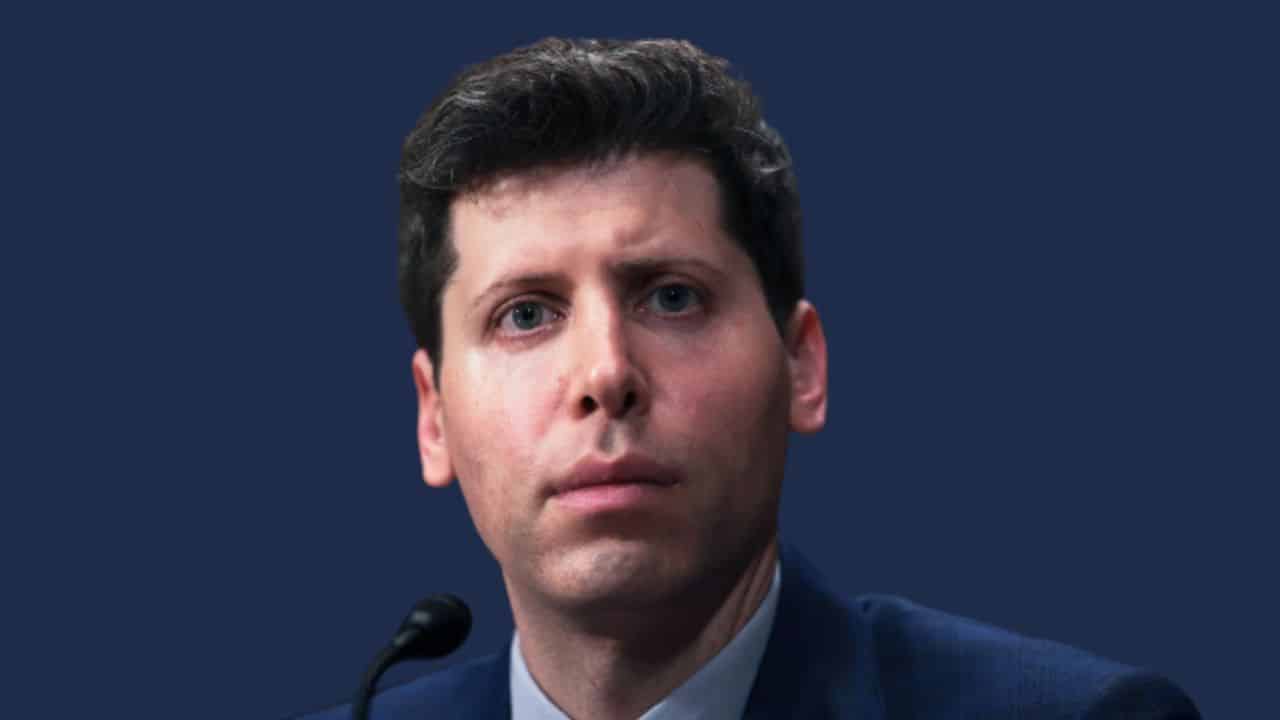December 29 is a date that holds great significance in world history. This day is marked by monumental events that shaped societies and by the birth of individuals who left lasting legacies in their fields. From historic military campaigns to groundbreaking scientific discoveries, December 29 offers a glimpse into the richness of human history.
Let’s explore the key historical events and the lives of notable figures associated with this date.
Historical Events on December 29
Thomas Becket Assassinated (1170)
Thomas Becket, the Archbishop of Canterbury, was assassinated on December 29, 1170, in Canterbury Cathedral. Becket’s murder came after ongoing disputes with King Henry II over the rights and privileges of the Church. Four knights, believing they were acting on the king’s wishes, killed Becket at the altar.
Becket’s death shocked people across Europe. He was later declared a saint, and Canterbury Cathedral became a place of pilgrimage. His martyrdom highlighted the tension between the monarchy and the Church, a theme that would persist for centuries.
Trail of Tears: Treaty of New Echota Signed (1835)
The Treaty of New Echota was signed on December 29, 1835, between the U.S. government and a small group of Cherokee leaders. This treaty ceded all Cherokee lands east of the Mississippi River to the U.S. in exchange for land in the west and $5 million.
Many Cherokee opposed this treaty, as it was signed without the approval of the majority. The treaty led to the forced removal of thousands of Cherokee people, known as the Trail of Tears, where many died from disease, starvation, and harsh conditions. This remains a dark chapter in U.S. history.
Wounded Knee Massacre (1890)
On December 29, 1890, the U.S. 7th Cavalry killed over 200 Lakota Sioux at Wounded Knee in South Dakota. The massacre occurred during an attempt to disarm the Sioux, who had been performing the Ghost Dance, a religious movement that frightened the U.S. government.
The event is remembered as a tragedy and a symbol of the violent suppression of Native Americans. It marked the end of the Indian Wars and a devastating blow to indigenous peoples’ cultures and lives.
‘Hitler Will Have to Break Us or Lose the War’ (1940)
During World War II, London experienced its worst air raid on December 29, 1940. The German Luftwaffe dropped over 10,000 bombs, including incendiary bombs, causing widespread fires and destruction.
Despite the devastation, Londoners showed resilience and courage, continuing their fight against Nazi Germany. This event, part of the Blitz, became a symbol of British defiance and determination during the war.
Obama Punishes Russia (2016)
On December 29, 2016, U.S. President Barack Obama imposed sanctions on Russia for allegedly interfering in the 2016 presidential election. He expelled 35 Russian diplomats and shut down two Russian compounds in the U.S.
The sanctions were part of a broader effort to address cyberattacks and protect the integrity of American democracy. The decision highlighted the challenges of cybersecurity in modern politics.
Famous Birthdays on December 29
Elizabeth of Russia (1709–1762)
Elizabeth of Russia was the Empress of Russia from 1741 to 1762. She was the daughter of Peter the Great and became known for her efforts to modernize Russia.
| Name | Elizabeth of Russia |
|---|---|
| Born | December 29, 1709, Moscow, Russia |
| Died | January 5, 1762, Saint Petersburg |
| Reign | 1741–1762 |
| Achievements | Promoted arts, culture, and education; avoided wars |
Andrew Johnson (1808–1875)
Andrew Johnson was the 17th President of the United States, serving after Abraham Lincoln’s assassination. He led the country during the challenging Reconstruction Era.
| Name | Andrew Johnson |
|---|---|
| Born | December 29, 1808, Raleigh, NC |
| Died | July 31, 1875, Carter’s Station, TN |
| Presidency | 1865–1869 |
| Achievements | Advocated for the Union during the Civil War |
William Gladstone (1809–1898)
William Gladstone was a British statesman who served as Prime Minister four times. He is remembered for his focus on reforms and liberal policies.
| Name | William Gladstone |
|---|---|
| Born | December 29, 1809, Liverpool, England |
| Died | May 19, 1898, Hawarden, Wales |
| Tenure as PM | 1868–1874, 1880–1886, 1892–1894 |
| Achievements | Electoral reforms, Irish Home Rule |
Venustiano Carranza (1859–1920)
Venustiano Carranza was a Mexican revolutionary and President of Mexico. He played a crucial role in drafting Mexico’s modern constitution.
| Name | Venustiano Carranza |
|---|---|
| Born | December 29, 1859, Coahuila, Mexico |
| Died | May 21, 1920, Tlaxcalantongo, Mexico |
| Presidency | 1915–1920 |
| Achievements | Drafted the 1917 Constitution |
Klaus Fuchs (1911–1988)
Klaus Fuchs was a German-born physicist who worked on the Manhattan Project but later spied for the Soviet Union.
| Name | Klaus Fuchs |
|---|---|
| Born | December 29, 1911, Rüsselsheim, Germany |
| Died | January 28, 1988, East Germany |
| Profession | Atomic physicist and Soviet spy |
| Achievements | Contributions to nuclear physics |
Lessons from the Past
These events and figures remind us of the complexities of history. From acts of courage to tragic moments, they show us the importance of understanding our past. Learning from historical mistakes and celebrating achievements can guide us toward a better future.
Takeaway
December 29 is a date that carries historical significance. The events of this day highlight resilience, tragedy, and progress, while the lives of the notable figures born on this date remind us of their contributions to society. History is a window to understanding the world, and dates like December 29 are reminders of our shared heritage.
References
- Britannica.com – Biographies of historical figures
- History.com – Articles on major events
- National Archives – Documents on the Trail of Tears and Wounded Knee
- BBC History – World War II and the Blitz
- The White House Archives – Obama administration actions


